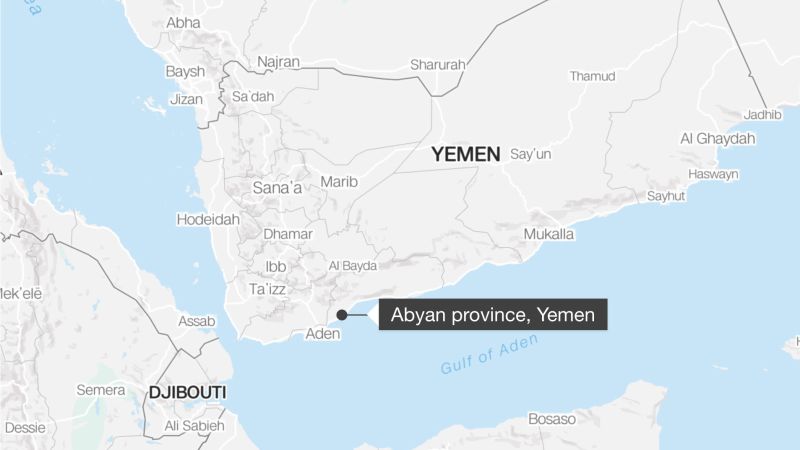A tragic maritime incident off the coast of Yemen has claimed the lives of at least 68 African migrants, with another 74 individuals reported missing after a boat capsized on Sunday. The vessel, carrying predominantly Ethiopian migrants, sank in the Gulf of Aden near the southern Yemeni province of Abyan, highlighting the ongoing perilous journey many undertake in search of better opportunities in the Gulf Arab states.
According to the International Organization for Migration (IOM), the boat was overloaded with 154 migrants when it went down early Sunday morning. Abdusattor Esoev, the head of the IOM in Yemen, confirmed the grim details of the incident in a statement to the Associated Press. Recovery efforts revealed that the bodies of 54 migrants washed ashore in the Khanfar district, while an additional 14 were found deceased and taken to a morgue in Zinjibar, the provincial capital of Abyan.
Despite the tragedy, only 12 survivors were found, while the remaining migrants are presumed dead. The Abyan security directorate reported a large-scale search-and-rescue operation, noting that bodies were scattered across a vast area of coastline. This incident adds to a growing list of maritime disasters that have occurred in the region, as Yemen remains a key transit point for migrants fleeing conflict and poverty in East Africa and the Horn of Africa.
Increased Risks for Migrants in Yemen
Yemen, despite being embroiled in a civil war for over a decade, continues to serve as a critical route for those attempting to reach wealthier Gulf nations. Migrants often rely on smugglers who transport them on overcrowded and unsafe vessels across the Red Sea and Gulf of Aden. Recent months have seen a spike in fatalities, with hundreds of migrants reported dead or missing due to similar incidents. In March 2024, a separate event resulted in the deaths of two migrants, with 186 others unaccounted for after multiple boats capsized near Yemen and Djibouti.
The IOM’s latest report indicates that more than 60,000 migrants arrived in Yemen in the first quarter of 2024, a significant decline from the 97,200 recorded in 2023. This reduction is possibly attributed to increased patrolling efforts in the waters, aimed at curbing human trafficking and ensuring the safety of vulnerable populations.
The humanitarian crisis continues to deepen, with migrants facing not only the dangers of the sea but also the challenges of navigating a war-torn country. The need for international attention and response to the plight of these migrants has never been more urgent, as the search for stability and safety remains fraught with risk.
